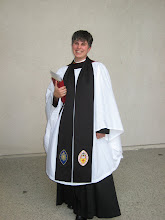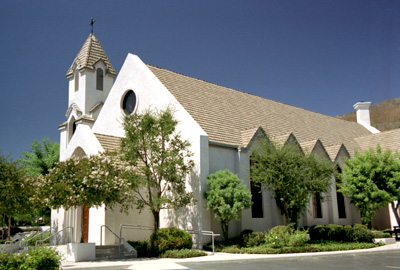
Dr. Jarvis Streeter gave another great lecture last night on Paul's first letter to the Thessalonians. We read the whole book together, line by line, looking at Paul's theology and ethics as well as the primary themes in the letter. One thing that I found particularly noteworthy was Dr. Streeter's assertion that love is the primary Christian virtue. In 1st Thessalonians 1.3, Paul speaks of faith, hope, and love, but those of you who have been to a handful of weddings will probably also recall the following from Paul's first letter to the church in Corinth, "And now faith, hope, and love abide, these three; and the greatest of these is love." (1 Corinthians 13.13) Love as the primary Christian virtue certainly does have implications as to how we practice our faith and who we are in the world. It brings up many questions for me. What does it mean to practice love? How do we bring the gift of God's love to the world?
Homework for this week is to read 2 Thessalonians and Galatians. As was the case last week, Dr. Streeter would like us to pay attention to the theology and ethics of the letter. What is Paul telling the church to think (theology)? What kind of behavior is Paul encouraging (ethics)?
And, finally, just for review, Paul's letters all have a particular structure common to the genre of letter writing in the 1st century. Below is a basic outline of the structure of Paul's letters. Hopefully it will be a useful guide to you as you read and try to understand what Paul has to say about our faith.
Basic Structure of a Pauline Letter
1. Greeting (usually brief. A sentence or two though sometimes the sentences are quite long!)
2. Thanksgiving (about a paragraph or so in length. It varies from letter to letter and 1 Thessalonians has a very long Thanksgiving!)
3. Body of the Letter
a. Theology - what they should think
b. Ethics - how they should behave.
4. Conclusion (often including housekeeping matters, hellos to individuals, and sometimes a reiteration of the main themes of the letter)










